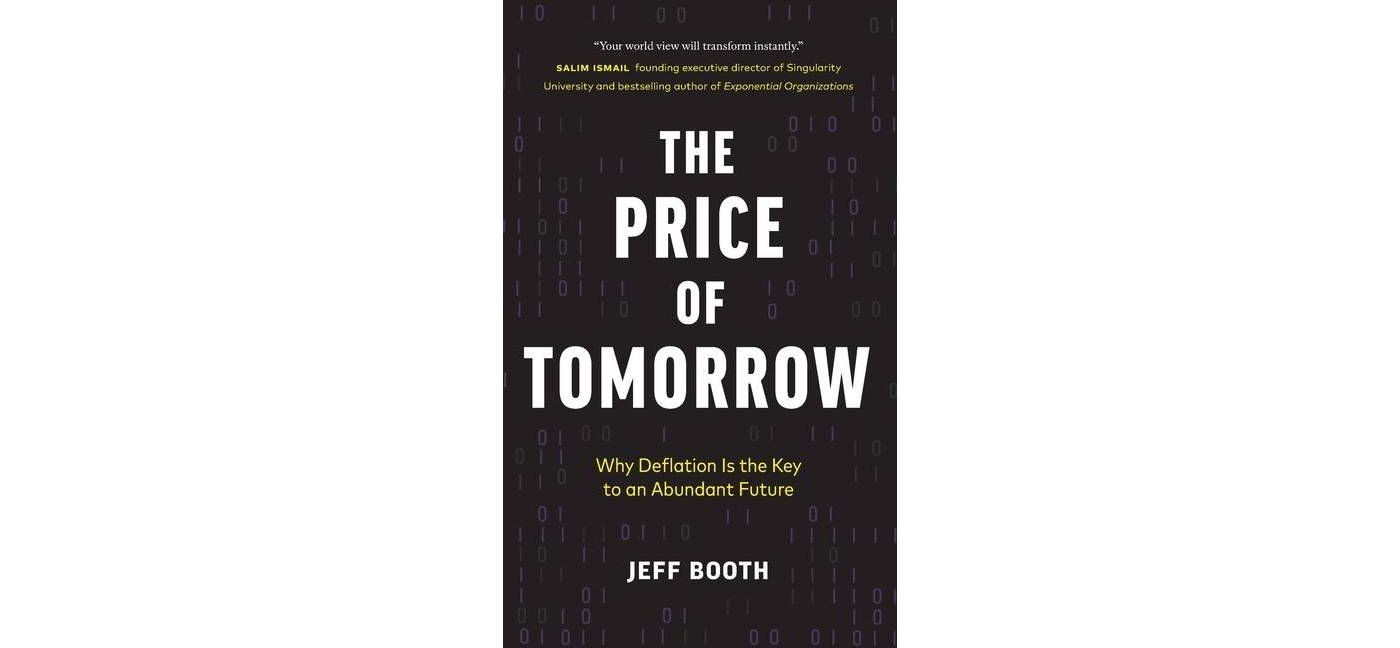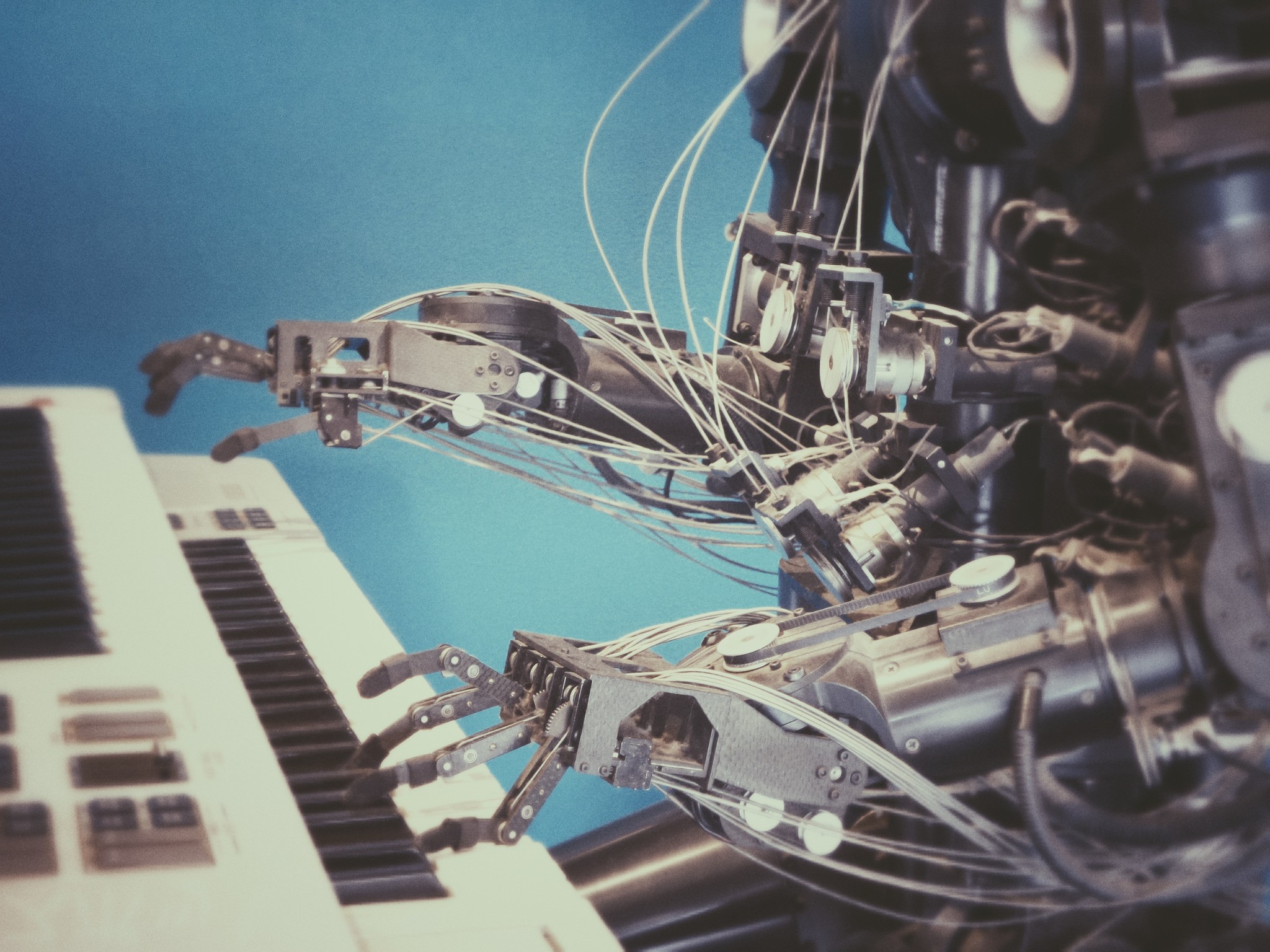
Ever since I started my journing to learn AI, I've become increasingly depressed. Using the power of AI, I can see disturbing trends on the social and political fabric of the US. From a disappearing middle class, to the concentration of power in technology titans, and culminating with the takeover of Washington, DC right after the election, it seems to be getting only worse and worse everyday. America is no longer the country that I know.
I learned about the book, "The Price of Tomorrow" while attending a Bitcoin conference in Miami in early 2021. The keynote was done by Jeff Booth. After the conference, I went straight to kindle and purchased the book. I read it cover to cover on the plane back to Portland. After I read the book, "The Price of Tomorrow," by Jeff Booth, I was completelly and totally flabbergasted. He nailed the concepts I had been thinking about at that time, regarding the societal changes I had been noticing. From the beginning, the book had me hooked.
Booth first unpacks the current situation. As we know, the federal government's mandate is to create full employment. Typically this is done through capital tools. These tools favor inflation, in order to encourage jobs and the growth of businesses. When there's an economic slowdown, the feds typically lower the interest rate. When business gets too overheated, their leverage is in increasing the interest rate. These aspects are coupled with money printing, which has been happening continuously during the last ten, twenty years. The mindset seems to be: it has been working before, it can't be wrong, right?
Booth then gets into technology, and how it has a deflationary impact on pricing and jobs. Deflation means you get more for your money--just as inflation means you get less for your money. With technology moving so fast to create to many free tools and services, it pushes down the price of things at a faster and faster rate as time goes on. What has happened is that technology and the feds are now playing a game of tug of war, with the feds trying to constantly increase inflation while, at the same time, technology, through business, tries to introduce deflation. Booth states that over time the technology will eventually win. Because of this, any business needs technology to be competitive. The situation is, either adapt and adjust, or die.
Unfortunately, we humans are limited to our beliefs and biases. Throughout history, there are myriad examples of times when humans were just wrong. We typically guess wrong when the changes happen slowly, and only recognize it suddenly when something is no longer working.
For example, Booth cites the many years spent burning witches. He poses the question, to future generations, "will the economic dogma of today--that growth is always good, no matter how much you change the rules to get it--look as irrational to historians of tomorrow as geocentric cosmology, the burning of witches, or voter inequality are to us today?"

Going forward, there are three big factors that will drastically change the future: technology, energy, and artificial intelligence (AI). Technology makes societal changes happen faster and faster. Unfortunately, this has the side effect of moving the power and money from the middle class to the top--the most elite.
We also see the impact of technology in energy sectors. People are demanding more and more clean, sustainable technology. However, we still have a government that really favors fossil fuels because that's the way we have been doing business, with currency reserves based on oil. We know that the future of energy will be clean and free, largely from solar and wind farms. But what will happen to fossil fuel-based business if fuel is free in the future? This will push down inflation even more. We need to find a way to do the transition currectly, but unfortunately the change is not likely to come from the government, because they are invested in maintaining the status quo and printing money.
When it comes to AI, it's important to understand that error correction is the basis of intelligence. We experiment, find a problem, learn from it, and continue to process, accumulating knowledge through this process. However, we are increasingly finding out that software can do this much, much faster than humans. Booth brings up the example of an AI that beat a human master at the game of Go--one of the most complex games in the world. What's more, researchers went on to create a second version of the AI Go master, which went on to beat its predecessor. What's special about the second AI Go player is that it didn't require any training by humans. Similarlyl, AI will soon be able to run businesses without humans. This will remove the need for many jobs.

We will need to learn when humans should be involved and when computers should be involved. There will be a questioin of "who will be the masters?", which is the title of Chapter 8. Essentially though, it's simply a given that computers will start taking over a lot of jobs and the human employees will suddenly become obsolete. We need to think about how we can structure the economy as a result. This is especially true since the government is largely funded by payroll tax, which will suddenly disappear when jobs become obsolete.
It is natural for humans to form into groups, and to view those on the outside as "them," creating "us vs. them" biases in our own heads. That tendency, coupled with technology's ability to target us individually and reinforce bellief patterns, sets the state for a rise in extremism that we are already seeing start to play out today. Booth brings up the example of Hitler, and how he rose to power after a huge economic crisis took place in Germany following World War I.
Next, Booth brings up the prisoner's dilemma, an example from game theory, to illustrate how cooperation is the best solution in many decision-making scenarios. Because the future will bring abundant resources thanks to technology and advancements, Booth suggests that playing games, as we have done so far, competing for scarce resources, no longer makes sense. Cooperation, rather, is the way to go in the future.
Cooperation, in the face of what we're dealing with, necessitates embracing deflation and stopping inflation. We must destroy the existing system, however, before we can build a new one. There are so many challenges that still need to be answered, as we attempt to go forward. Namely: are jobs no longer necessary? How will the government function with no payroll tax, and if everything is free due to technology? Is the government obsolete if everything is decentralized? Booth doesn't provide answers to these questions, which is my one hangup with this book--I wish Booth was more precise in terms of telling us what to do. I guess his intention was to point out the symptoms and lay down the initial aspects of sollutions, and to challenge us to start thinking and find the rest of the answers ourselves.